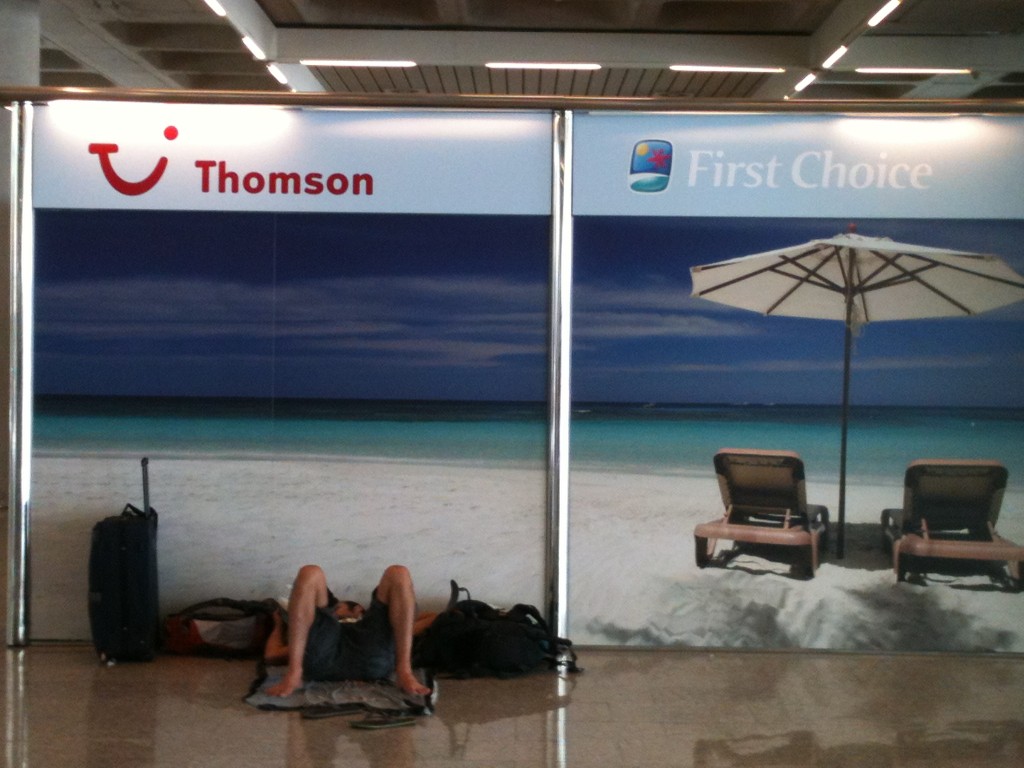Why do we go on holiday? Logically holidays make no sense. Why leave the comfort, convenience, connectivity of home to travel hundreds, if not thousands, of miles to do what often amounts to very little? The answer is because holidays make us happy. You might say they make us human too.
The impulse to travel links to human inquisitiveness, but also to the need to take a break and discover one’s true self. As Terry Pratchett wrote in A Hat Full of Sky: ‘Why do you go away? So that you can come back. So that you can see the place you came from with new eyes and extra colours…. coming back to where you started is not the same as never leaving.’ This is travel as discovery more than escape, although I suspect that for most people the need to rest and reconnect with themselves is paramount.
The continued popularity of holidaying is a sure sign that in an era defined by upheaval, some things remain remarkably consistent. One might imagine that in times of economic austerity, geo-political turbulence, climate concerns and technological change, the opposite might be the case — that we would all be holidaying at home, in virtual worlds or nowhere at all — but for a great many people this is simply not the case. Despite SARS, Asian Flu, 9/11, oil price shocks, climate change and the eruption of Eyjafjallajökull in Finland, which grounded large parts of the European airline industry, the travel industry has remained remarkably resilient — bouncing back quickly after short-term shocks.
A key reason for this is most probably work. In 2011, nearly 50 per cent of UK adults reported relatively low satisfaction with their work-life balance. A fundamental driver of most holidays is therefore the desire to unwind and escape from work or to get away from ‘life’ for a while. The middle classes probably have the strongest reason to take time off, because they work the longest hours. Full-time managers and senior officials in the UK are paid, on average, for 38.5 hours a week, but actually work for 46.2 hours. (ONS). Hence a need to stop, switch off and get away, even if all we do is drive 500 miles and spend two weeks tethered to work via a digital device.
If the future is fast, volatile, uncertain and full of work, then the desire to get away and digitally detox will presumably grow. The same will broadly be true if families become more atomized via the use of mobile devices, relationships become more virtual and people don’t see their loved ones as often as they’d like. We will all want to invent ways to physically reconnect and bring family and friends back together.
Read Destinations 2030, The Future of Travels & Holidays here.
(Photo: Richard Watson, all rights reserved).

